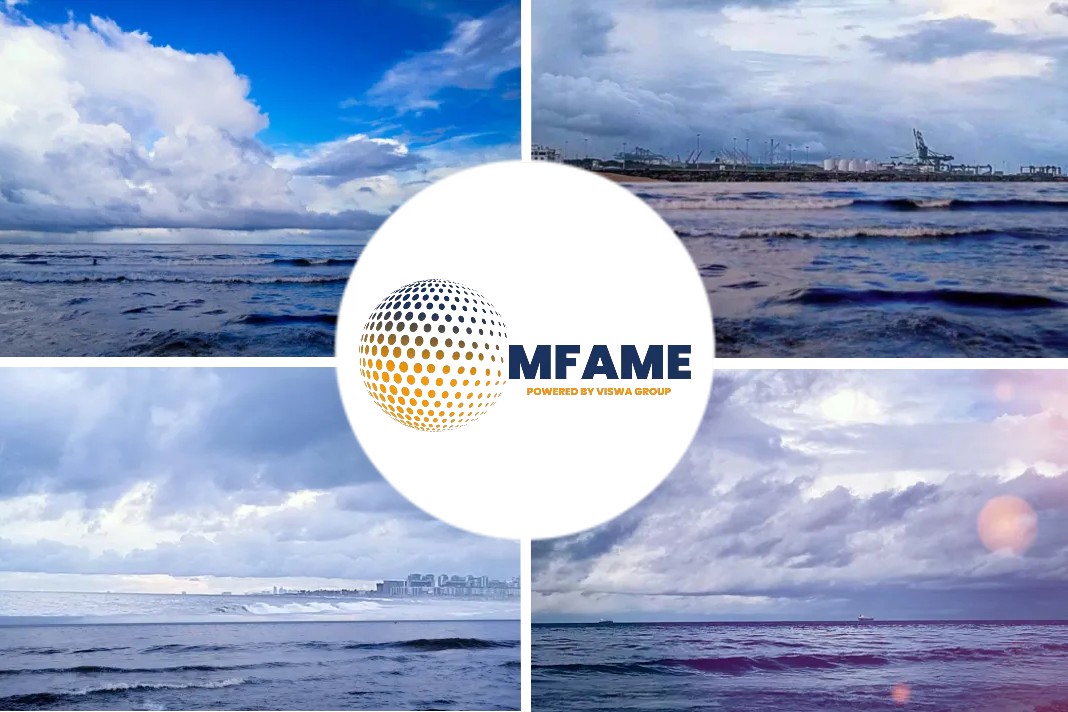- A memorandum of understanding (MoU) has been signed in Seoul on 27 August.
- POSCO, Hyundai Mipo Dockyard, Korea Shipbuilding & Offshore Engineering, Lloyd’s Register (LR) and the Liberian International Ship & Corporate Registry (LISCR) will develop liquid CO2 (LCO2) carriers in excess of 20,000 m3 by 2025.
A recent news article published in the Riviera has mentioned that partnership tackles technical challenges of large liquid CO2 carriers.
POSCO to develop new steel material and relevant technology
Through this MoU, POSCO will develop new steel material and relevant technology for the storage tank, which are core technologies for the LCO2 carrier, while HMD & KSOE will develop the ship design, welding and processing technology for the ship’s construction.
Additionally, LR will review and revise the relevant classification rules of the certification for the new steel materials and approve the basic design of the ship.
The Liberian Registry is in charge of all flag state approval procedures such as establishing ship registration regulations and acceptance of ports entry.
Push towards carbon neutrality
With the push towards carbon neutrality, the need for technologies related to CCUS is growing.
According to a report by the International Energy Agency, as of 2020, 40M tonnes of CO2 is captured annually, most of which is permanently stored in geological formations or re-injected into oil wells to improve oil recovery.
Based on an analysis by the Global CCS Research Institute, 3.6 giga tonnes per year of carbon dioxide need to be captured and stored to reach net-zero emissions.
Develop new steel material and relevant technology
Through this MoU, POSCO will develop new steel material and relevant technology for the storage tank, which are core technologies for the LCO2 carrier, while HMD & KSOE will develop the ship design, welding and processing technology for the ship’s construction.
Additionally, LR will review and revise the relevant classification rules of the certification for the new steel materials and approve the basic design of the ship.
The Liberian Registry is in charge of all flag state approval procedures such as establishing ship registration regulations and acceptance of ports entry.
Need for technologies related to CCUS
With the push towards carbon neutrality, the need for technologies related to CCUS is growing.
According to a report by the International Energy Agency, as of 2020, 40M tonnes of CO2 is captured annually, most of which is permanently stored in geological formations or re-injected into oil wells to improve oil recovery.
Based on an analysis by the Global CCS Research Institute, 3.6 giga tonnes per year of carbon dioxide need to be captured and stored to reach net-zero emissions.
Did you subscribe to our daily newsletter?
It’s Free! Click here to Subscribe!
Source: Riviera
















